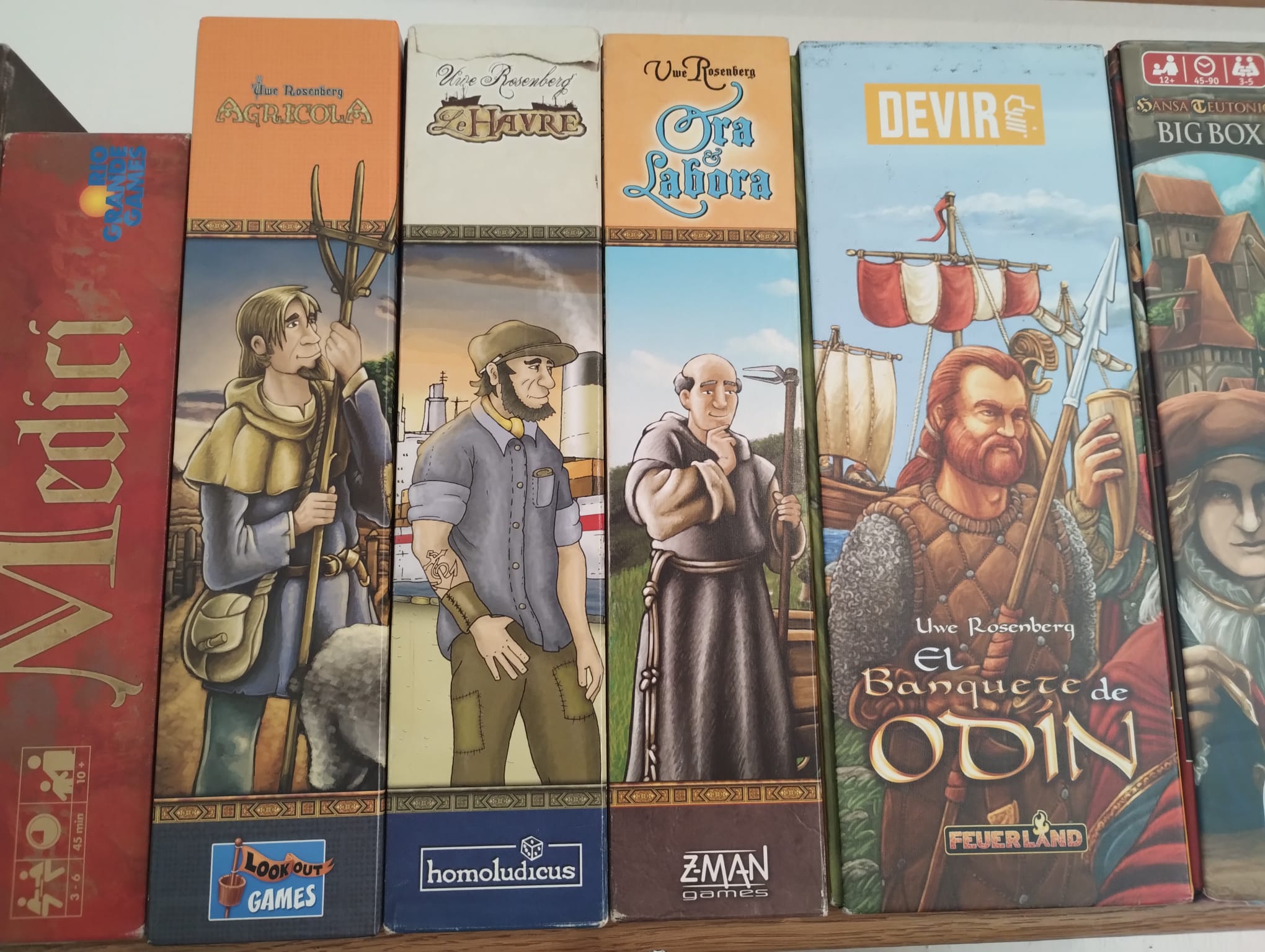What I don't like about your categories is that you're focusing on the buying and owning games part.
nachof
My process used to be:
- Read the rules before everyone arrives
- Play the game and have fun
- Read the rules again
- Email everyone with everything we played wrong
Now that I have kids I don't always have the luxury of reading the rules the same day we play the game, so what I usually do is I read the rules a few days in advance, which means I won't remember as much when the time comes to play, so then I end up complementing that with a rules explanation video.
If some random dude comes in and opens a new instance, and then it comes out that this dude willingly associates with white supremacists, is a known creep, and even had a hand in an actual real life genocide, everybody would defederate without a second thought.
But suddenly that dude is Facebook and has a shit ton of money and everybody is just wait and see.
TtR first journey is great because it's easy to transition to the "full" game after they outgrow it. Catan junior is similar in this. That's also my main complaint about Stone Age kids, it's not really the same game.
The problem with this is chatgpt is shit at facts. You ask it a question and it might just give you bullshit, and you tell it to provide a citation and it will happily invent one. There's no easy way to verify whatever it says to you, other than going to the source, which kind of defeats the whole purpose of this exercise.
Aside from the online options you've been given (which are good), are you a 100% certain that nobody's playing it in your country?
I assumed the same thing when I first started learning about the game over twenty years ago, and I found out that there was an email list for a group of players in a neighboring country, so I subscribed there and lurked. A few months later somebody else from my country joined and, instead of lurking, she did the smart thing and asked. And sure enough, somebody replied. Turns out there was a group that met weekly in a pub five blocks from my house.
So basically, I wouldn't totally discount the possibility that there's other people closer to you than you think.
State Tectonics, third book of the Centenal Cycle by Malka Older. It's not bad so far, but it feels like too artificial. Like the setting doesn't make much sense, the author just wanted to play with it. Yes, same applies to the first two books. I liked the first one much more to be honest.
A lot of times. It doesn't really help to find a problem, but rather when the problem was introduced. It's a really great tool.
Because nobody has windows user as a core part of their identity.
But why?
My kids are not going to be happy about this…
Through the Ages is probably the best example of a boardgame that works better in digital form. Asynchronous in particular.

I feel like part of the problem is that the people participating in and boosting the consumerist aspect are the ones with the shiniest toys to show. Like, sure, 1830 is an awesome game (even if I still can't get a regular group to play it), but you won't get more upvotes for showing off your 100th game of 1830 than your first game of .
An look, I like having new games. I enjoy the feel of new puzzles to try. But in the end, it's as you say, the best part of the games is getting together with friends and doing soemthing fun for a few hours. Having a collection as a backdrop in my video calls is not the point of buying games.